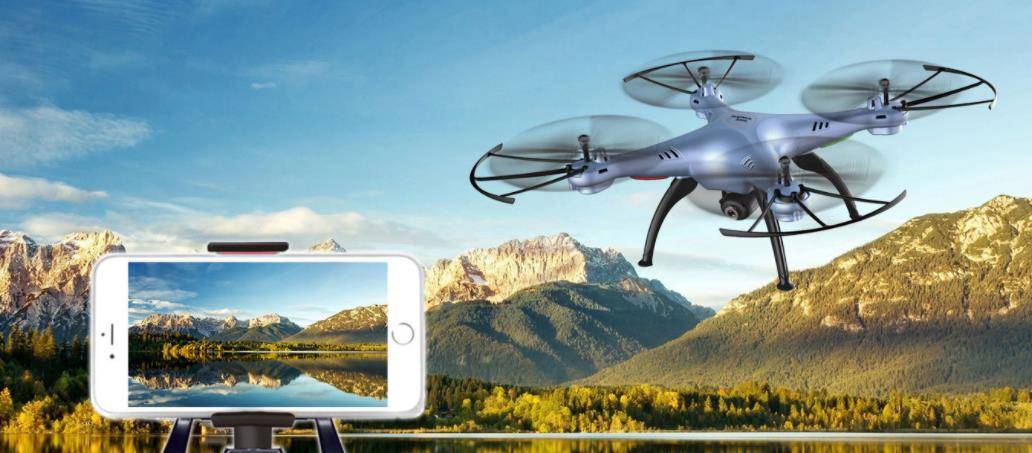Remote-controlled drones, commonly known as RC drones, have revolutionized the way we perceive aerial activities, offering enthusiasts and professionals alike the ultimate flight experience.
History and Development of RC Drones
The history of RC drones dates back several decades, evolving from simple remote-controlled airplanes to sophisticated flying machines capable of breathtaking maneuvers. With advancements in technology, these drones have been outfitted with high-definition cameras, GPS systems, and autonomous flight modes, thus transforming them into indispensable tools for a variety of applications.

From humble beginnings in hobbyist circles to their current use in industries such as filmmaking, agriculture, and search and rescue, RC drones have seen an exponential growth in functionality.
Features of Modern RC Drones
Modern RC drones boast a plethora of features designed to enhance the flight experience. Equipped with stabilized gimbals, they offer smooth video recordings even during turbulent flights. Intelligent flight modes such as follow-me, waypoint navigation, and orbit enhance creativity and user control over the drone’s actions, while ensuring safety.
Additionally, obstacle sensing and collision avoidance technologies have dramatically increased the reliability of these devices, providing users with peace of mind during flight operations.
Applications of RC Drones
RC drones are being deployed in various sectors. In filmmaking, drones provide a bird’s-eye view that was once only possible through expensive helicopter rentals. They have democratized aerial filming with compact and affordable solutions.
In agriculture, farmers use drones for monitoring crop health, aerial spraying, and efficient land mapping. Aerial surveillance via drones has also become an essential component in environmental conservation, allowing for real-time data collection and monitoring.
Emergency services benefit tremendously from drones’ capabilities, using them for search and rescue operations, assessing disaster-stricken areas, and aiding in logistics.
Choosing the Right RC Drone
To choose the perfect RC drone, consider what you wish to achieve with it—recreational flying, professional videography, or technical inspections. Evaluate drones based on flight time, camera quality, and range. Novices may prioritize ease of use, while seasoned pilots might look for advanced flight features.
Always ensure that you are compliant with local regulations regarding drone flights, as this is crucial to ensuring a safe and legal flying experience.
Frequently Asked Questions About RC Drones
What are the primary benefits of using RC drones over traditional methods?
RC drones provide a unique vantage point that is often less costly and more flexible than traditional aerial solutions. They offer high portability, rapid deployment, and access to areas that might be challenging or unsafe for humans.
Do I need a license to operate RC drones?
Regulations can vary significantly depending on location. In many countries, recreational use does not require a license, but commercial operations do. Always check your local legislation to ensure compliance.
How does weather affect RC drone flights?
Weather conditions like wind, rain, and snow can impact drone performance. Most drones have specific guidelines for optimal operating conditions, and flying in adverse weather can risk damage or loss.